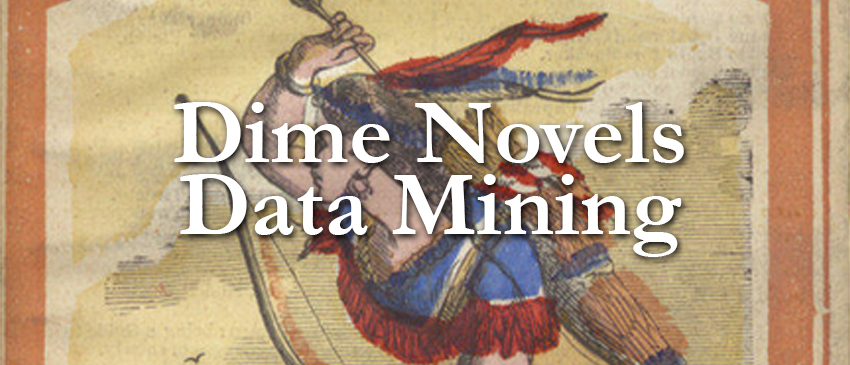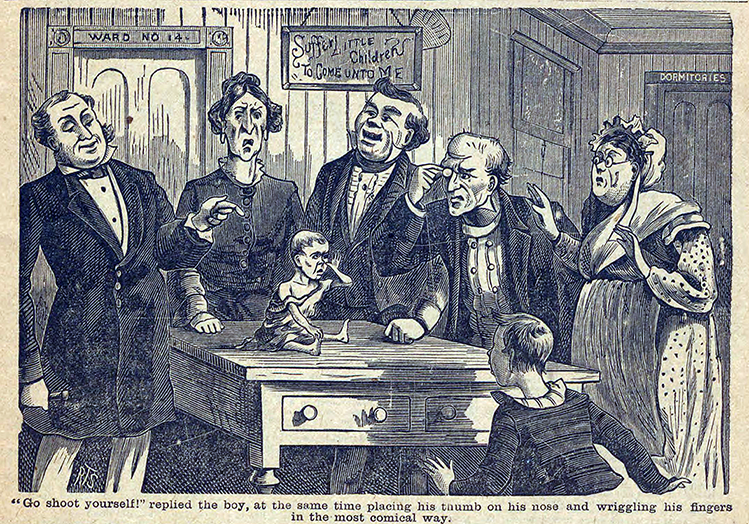
Dime Novels - Text Mining
In this course student team members used text mining technology to explore the University Libraries’ large digital collection of Dime Novels.
Dime Novels emerged as an inexpensive format for popular literature in the mid-nineteenth century and remained popular in the first decades of the twentieth century. Early dime novels frequently told stories of the American West, and in the succeeding decades authors expanded their focus to include detective fiction, romances, as other genres. Until recently most scholars of American literature rejected Dime Novels as a mass-produced product with little literary value. In recent years a new generation of researchers, including those more broadly interested in American popular culture, have delved into them.
Text mining, a variety of data mining, provides researchers with an opportunity to analyze very large bodies of text, much more than an individual could ever read with understanding. Text mining software reveals patterns within a collection of works. One basic technology, topic modeling, reveals the frequency with which specific words occur in a set of texts, and which most frequently appear in close proximity to each other. It is especially useful in determining the subject matter of unlabeled text(s). Another, sentiment analysis, helps researchers to evaluate a writer’s attitude or emotional state pertaining to a topic, or her/his intended emotional communication (i.e., the emotions that the author hopes to evoke in the reader).
In addition to its scholarly applications, text mining technology is widely used in many aspects of private business, including social media monitoring and automated online ad placement. It has also proven valuable in the public sector, for example in the national security/intelligence community.
For more information about this project, or to learn how you can get a mobile tour for your historical site, contact:
Drew E. VandeCreek
Director of Digital Initiatives
University Libraries
Northern Illinois University
DeKalb, IL 60115
drew@niu.edu
(815) 753-7179





